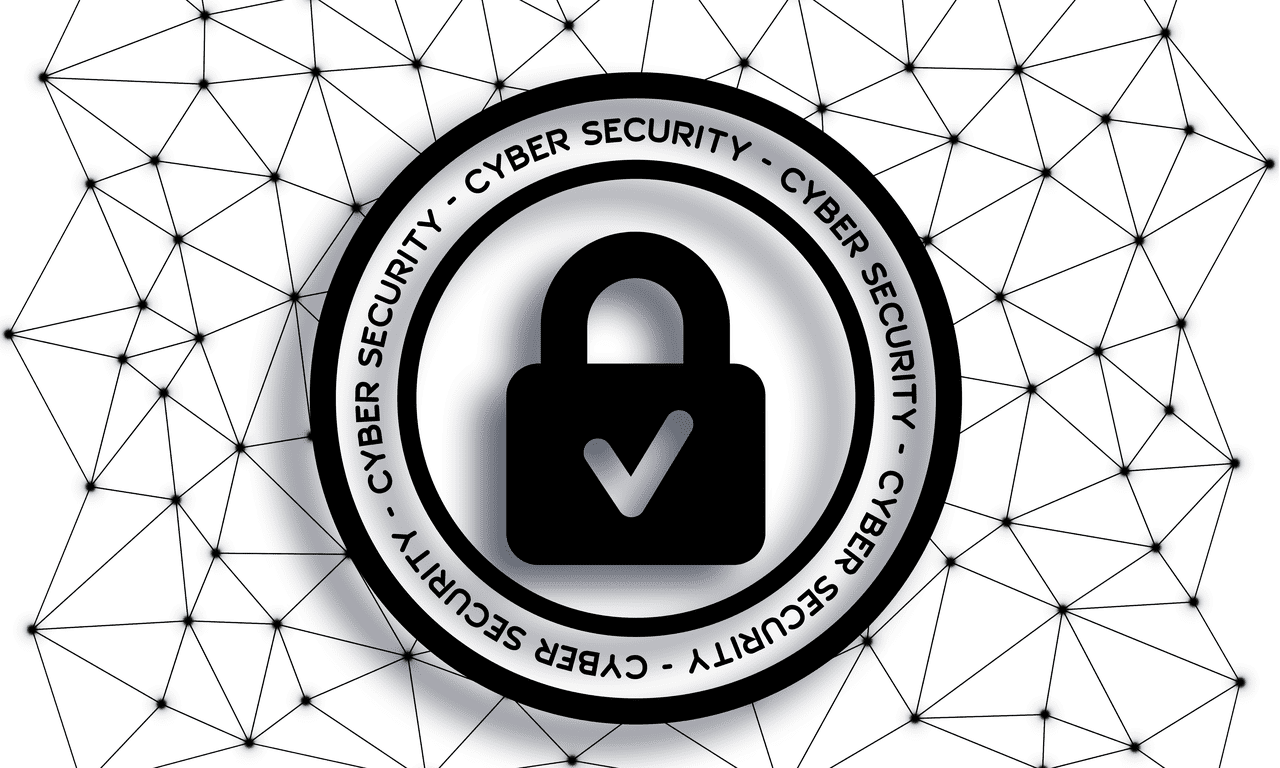Are you a compulsive globetrotter, a business traveler, or an annual suitcase duster and packer? While planning for your transportation, lodging, meals, and more, make sure to also plan a cyber-safe journey.
Traveling can make you vulnerable to cyberattacks. Your devices or accounts can be hacked and your sensitive data stolen.
But don’t let cyber threats ruin your travel plans. Follow these 10 steps to keep yourself cyber-safe and enjoy a carefree holiday.

Backup Your Data
Before leaving for the seaside or mountains, backup your important data to another device or cloud service. Back it up in more than one place for extra safety. Also, make sure you can easily access the backup if needed.
This will keep your data safe in case you fall victim to a cyber-attack or your devices are stolen. If the worst comes to worst, you will still be able to access your important files and travel data.
Update Your Operating System
Hackers love software vulnerabilities. They can infect your device with something as simple as a text message. Keep your operating system and apps updated while traveling reduces risks.
These updates will patch security holes and bugs. They will help your device quickly detect malware attacks and defend itself.
Lock Your Devices
Most devices come with security features that let you lock them using a PIN, fingerprint ID, or iris scanning. Add this essential layer of security to your devices and keep them locked at all times.
In case your device goes missing or is stolen, this will be the first line of defense against a data breach.
Be Cautious of Public Wireless Networks
It can be risky to connect to convenient public hotspots or wireless networks. These are data thieves disguised as a free and appealing bookshop, cafe, airport, and even hotel Wi-Fi network. Plus, even real networks can pose risks if they’re not encrypted—hackers can intercept your data.
Make sure to confirm with the staff before you connect to their networks. Avoid accessing your personal accounts and shopping online, especially if your connection is not encrypted.

Update Your Passwords
Before leaving on a trip, update all your passwords and safe codes. Make sure they’re unique and not in an alphabetical or numerical sequence. But how to remember all the passwords? Don’t write them down—it’s unsafe.
You can use a password manager instead. It will help you create complex passwords and store them in an encrypted online vault. Change back all the passwords once you return home.
Install Antivirus Protection
When looking to secure mobile devices, installing an antivirus on your device is a surefire way to keep your personal information secure while traveling. Make sure to update it as newer versions become available.
Scan your devices with the antivirus regularly to stay cyber-safe during your trip.
Turn Off Location Tracking
It’s tempting to update your social media with photos and locations of your vacation. But doing so can make you vulnerable to intrusion.
By sharing your exact location, you make it easy for cybercriminals to track you. They can easily break into your hotel room or even home while you’re away.
Limit the information you share online and turn off location tracking to stay safe while traveling.
Avoid Public Computers and Charging Stations
Libraries, cyber cafes, and hotels all have computers and charging stations for you to use. But as a traveler, beware of these public devices.
They may be infected with viruses and malware. They may even have hackers waiting to access your passwords, credit card information, and sensitive data.
Disable Auto-Connect
Auto connectivity is a useful feature for your day-to-day activities. But when you’re on the go, you want to disable auto Wi-Fi and Bluetooth connectivity.
It will stop your smartphone or laptop from connecting to malicious networks without you knowing.
Ensure Physical Security of Your Devices
It’s important to defend yourself against cyber hacking. But equally important is to secure mobile devices as well.
Don’t leave any of your devices unattended, especially when you’re in a public space. Be mindful of those around you when you enter passwords or credit card details.
Be Cyber Smart While Traveling
The last thing you want when traveling is to become the victim of a cyber-crime, right? So, whether you’re planning a business or family trip, be cyber smart and keep yourself and your data safe.
Update your software and passwords, create backups, block public networks, use a password manager, and lock your device. A few small but essential steps will keep you safe from cybercrime so you can enjoy your travels.

Leave a Reply